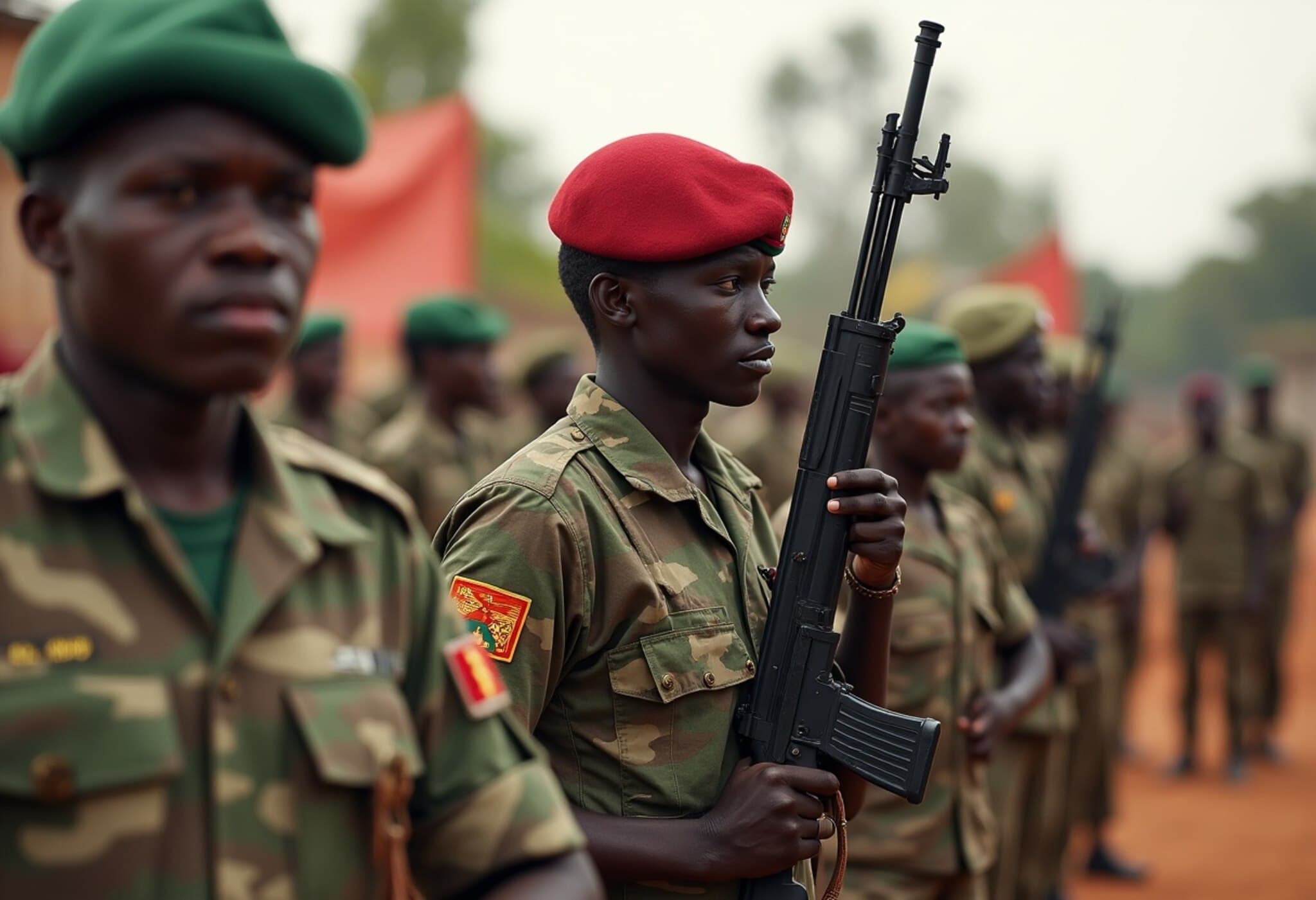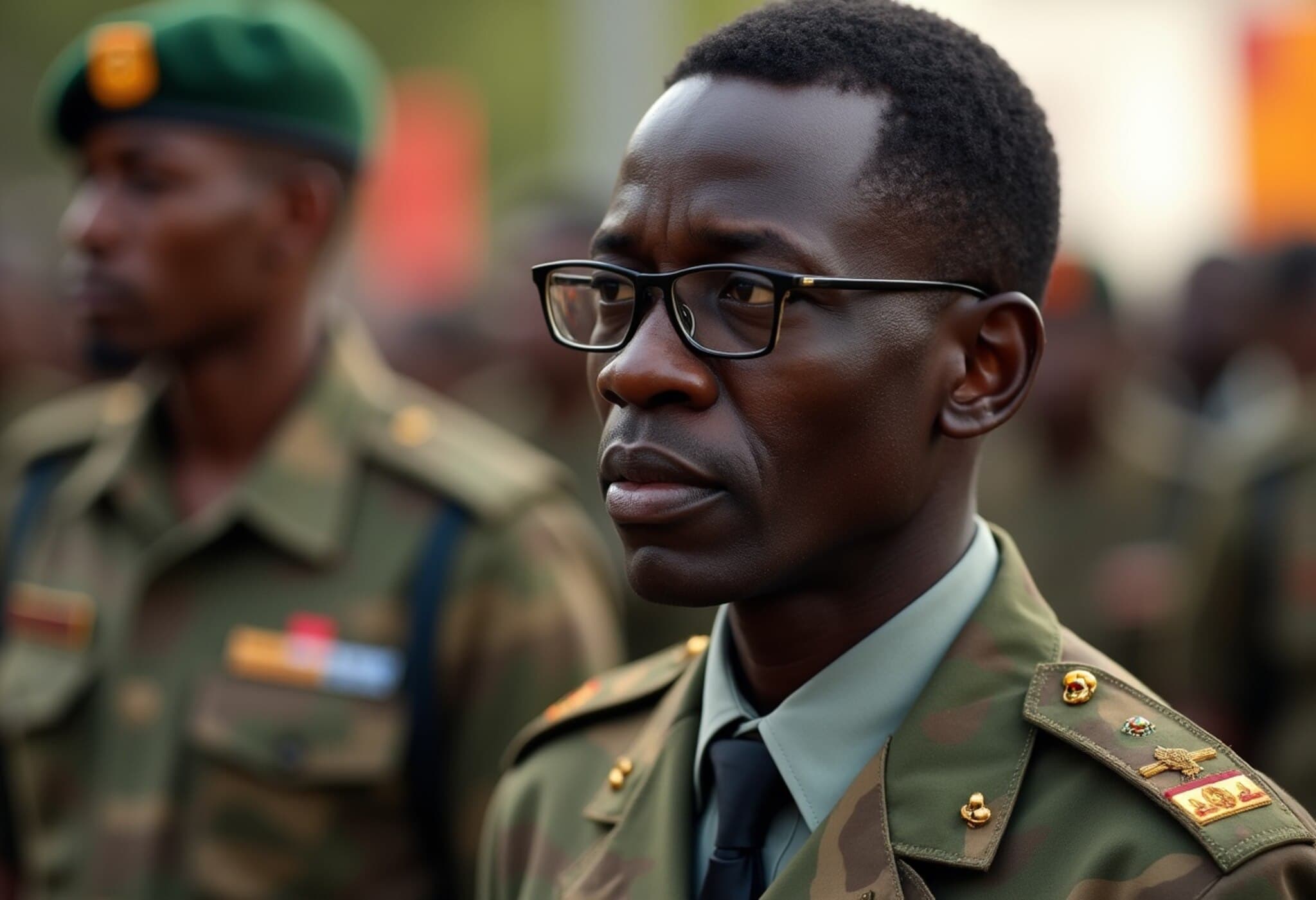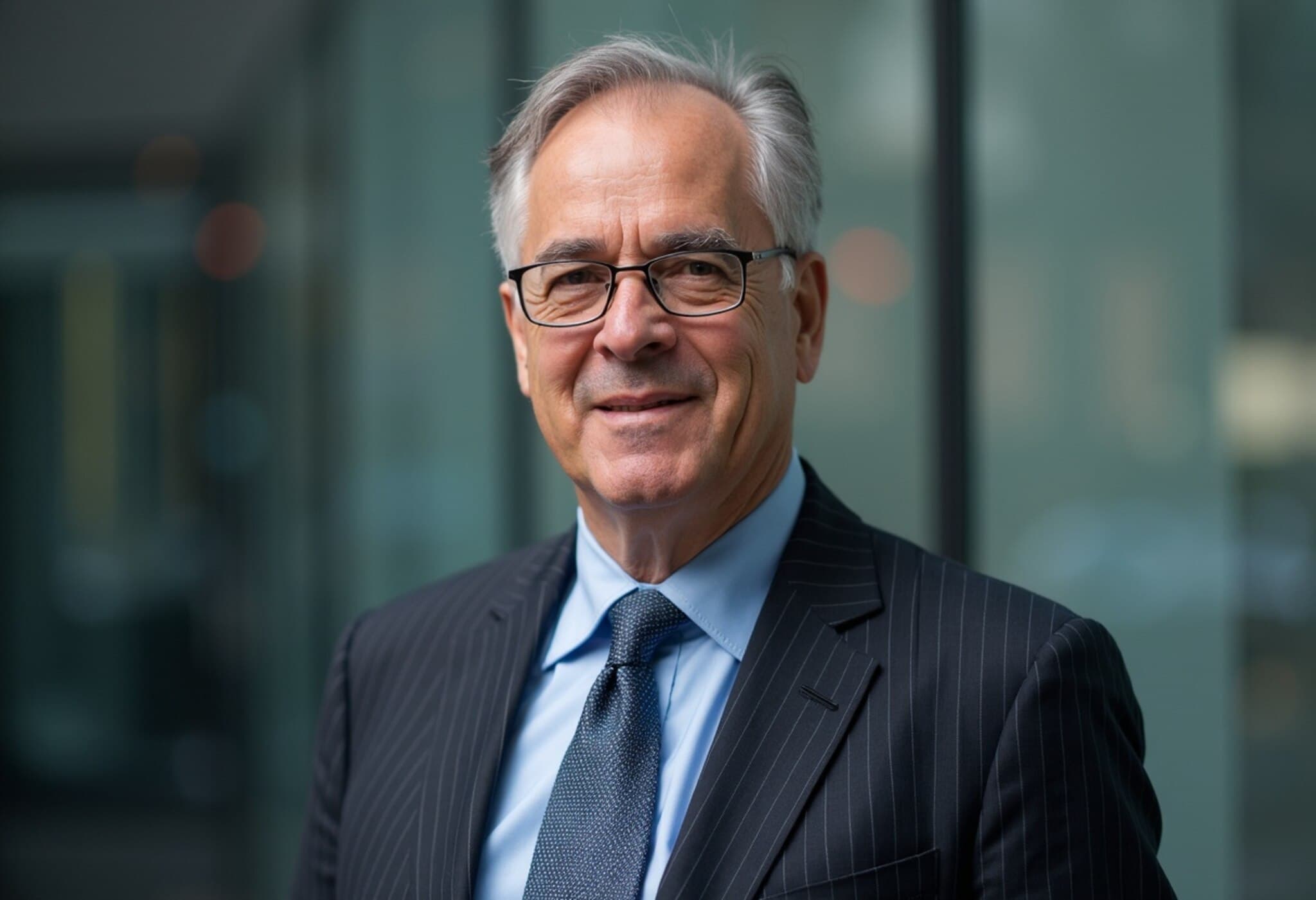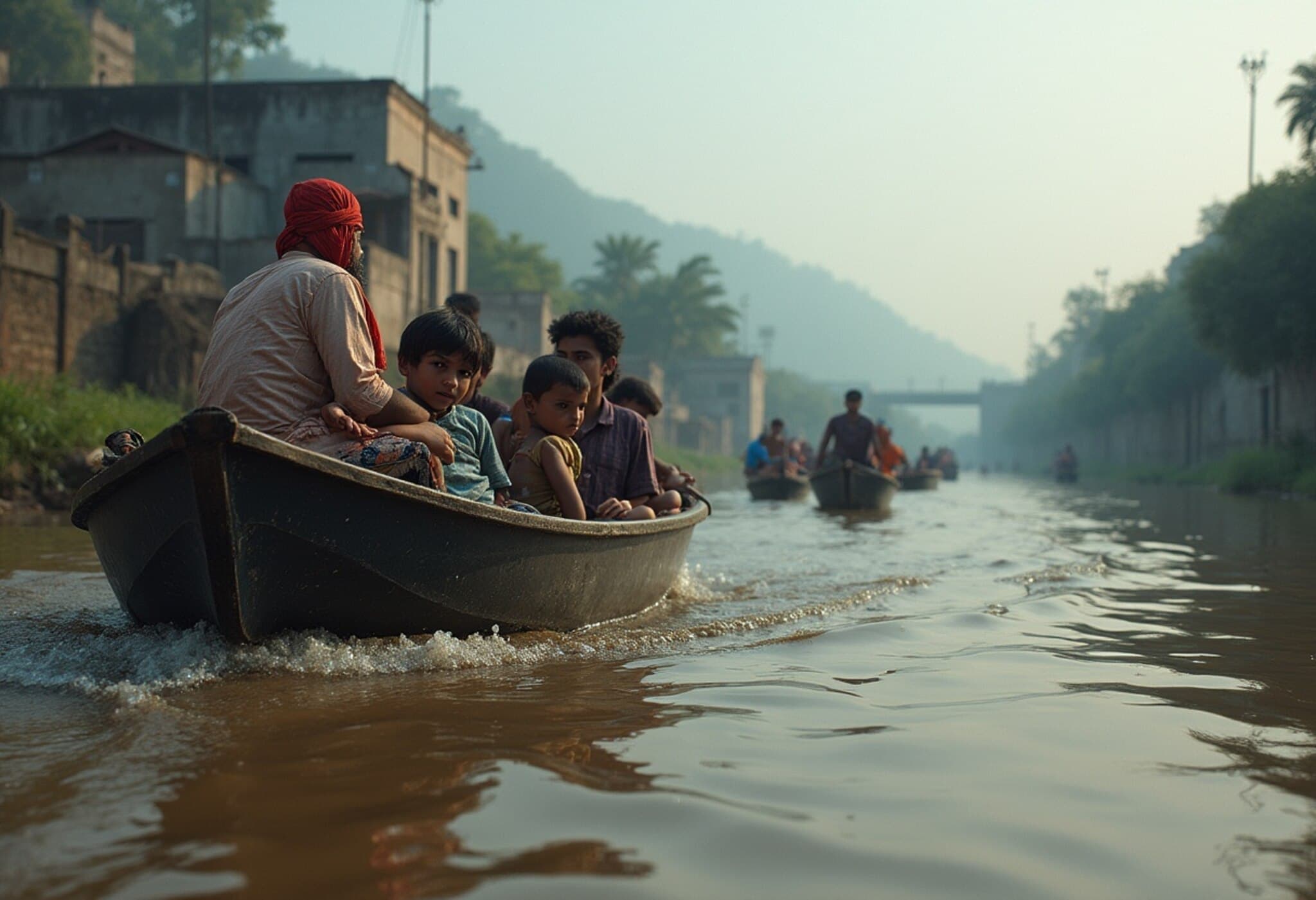DR Congo Launches Investigation into Military Setbacks against M23 Rebels
In a decisive move reflecting its concerns over recent battlefield defeats, the Democratic Republic of Congo (DRC) has summoned 41 senior military commanders, including 35 generals and six colonels, for questioning. This inquiry aims to uncover the factors behind the government army's failures in its protracted conflict with the Rwanda-backed M23 rebel group in eastern Congo’s volatile Kivu region.
Context Behind the Military Inquiry
The military leadership's comprehensive investigation notably focuses on officers who commanded troops during critical episodes, most significantly the loss of the strategically vital town of Bunagana in June 2022. Located along the border between DRC and Uganda, Bunagana's capture by M23 rebels dealt a significant blow to Congo's control over trade routes and border security.
The decision to hold high-ranking commanders accountable is not without precedent. Last year, a military tribunal sentenced 25 soldiers to death for 'fleeing the enemy' in confrontations with M23 fighters, underscoring the Congolese government’s zero-tolerance stance on battlefield discipline. This latest probe aims to identify responsibility at the upper echelons of command, sparking discussions about accountability and possible reforms within the nation's military hierarchy.
The Ongoing Conflict and Its Human Toll
The war between DR Congo’s armed forces and the M23 rebel group, which Western and UN sources allege receives logistical support from Rwanda, has wreaked havoc across eastern Congo for years. The fighting has led to the displacement of hundreds of thousands of civilians and caused considerable loss of life, with estimates varying widely across reports.
Beyond Bunagana, M23 has also seized control of multiple towns including Goma, Sake, Minova, Lumbishi, and Numbi, cementing its position as a formidable force undermining Congolese government stability. These losses exacerbate regional instability and raise urgent questions about cross-border influences, military preparedness, and governance challenges.
Peace Talks Resurface in Doha Amid Renewed Conflict
Amid intensified military and political tensions, Qatar has emerged as a diplomatic interlocutor by hosting renewed peace negotiations between the parties in its capital, Doha. On August 26, 2025, Qatari Foreign Ministry spokesman Majed al-Ansari confirmed that delegations from both DR Congo and M23 have convened to discuss implementing the terms of a ceasefire agreement reached in July, which has since been undermined by mutual accusations of violations.
- Key discussion points include mechanisms for monitoring the ceasefire
- The exchange of prisoners and detainees as a confidence-building measure
- Coordination with international actors such as the United States and the International Committee of the Red Cross (ICRC)
Despite the fragility of the truce and M23's earlier suspension of peace talks, these diplomatic efforts signal an international commitment to de-escalate conflict in a region burdened by decades of violence.
Expert Insight: The Complex Web of Regional Dynamics
The investigation into military leadership failures and the resumption of talks in Doha underscore the complex interplay of local, regional, and international forces shaping eastern Congo’s conflict landscape.
From an American policy perspective, the persistent violence in eastern DRC challenges efforts to stabilize a resource-rich region critical for global supply chains, particularly for minerals essential to tech industries. The US and allies face growing pressure to balance diplomatic engagement with robust peacekeeping support, ensuring that Ceasefires do not remain paper promises.
Moreover, the DRC’s commitment to holding military leaders accountable could be pivotal in restoring public confidence in national institutions—something that is often overlooked but essential in conflict resolution and governance reform.
What’s Next for DR Congo?
- The military inquiry may lead to significant changes within the armed forces, including possible command reshuffles or reforms aimed at improving operational effectiveness.
- Ongoing diplomatic talks need sustained international support to turn ceasefires into lasting peace agreements.
- Humanitarian concerns remain pressing, with displaced populations requiring urgent aid and protection amidst ongoing instability.
Editor’s Note
While the DRC's investigation into military failures signals a rare moment of institutional accountability, the broader conflict’s resolution remains elusive amidst a tangled web of geopolitical interests and local grievances. Will these efforts translate into meaningful change, or are they a temporary salve in a deeply entrenched conflict? The world watches closely as the people of eastern Congo continue to endure the consequences of war, hoping for an end to violence that respects human dignity and sovereignty.









